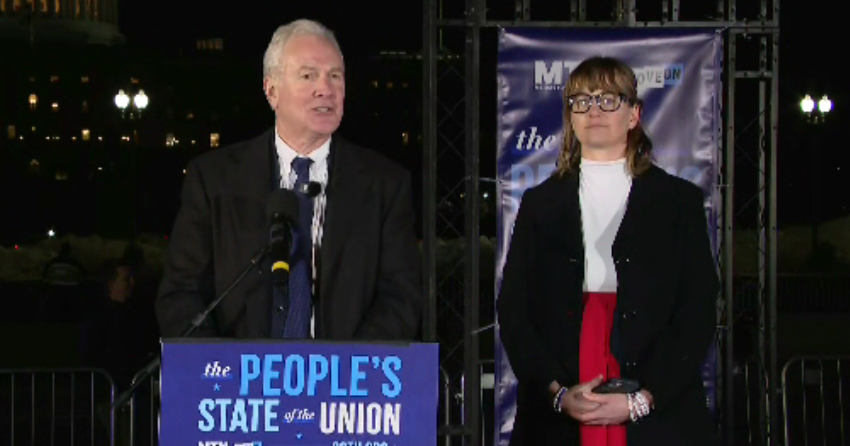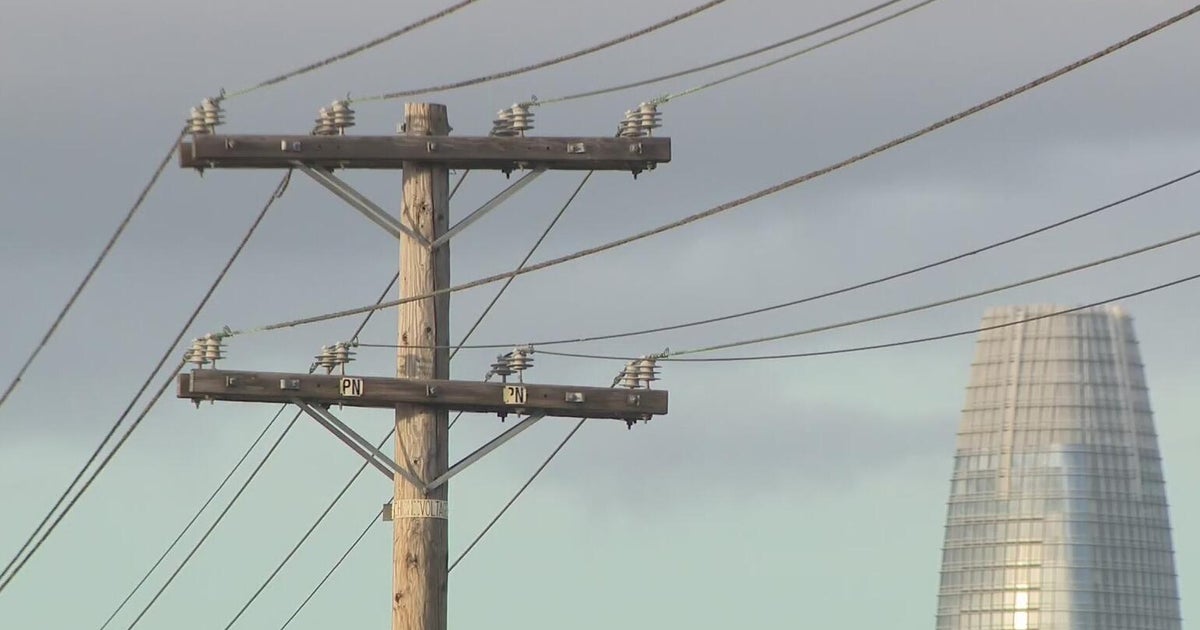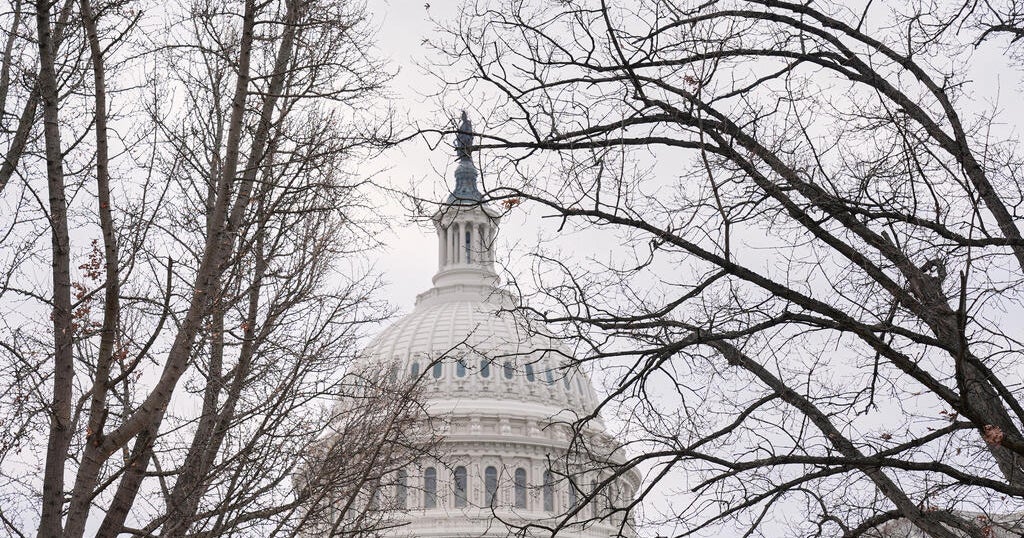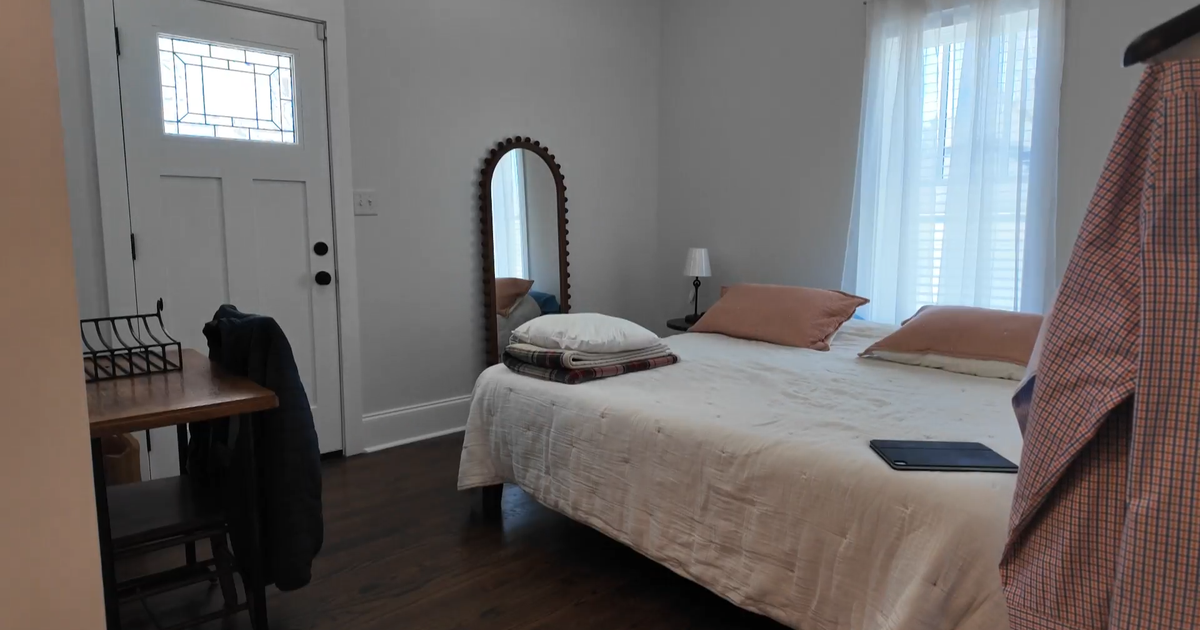Brown, Lawmakers Agree On California Spending Plan
SACRAMENTO (AP) — Gov. Jerry Brown and Democratic legislative leaders reached an agreement Thursday on a state budget that expands funding for subsidized child care and eliminates a controversial welfare policy that restricts cash assistance for nearly 130,000 children.
The deal also includes $400 million for housing construction to help people with low income struggling with rapidly rising rent. But it's contingent on lawmakers approving a contentious proposal by Brown to speed up development in some neighborhoods, and most of the details remain unresolved.
A legislative budget panel met Thursday evening to approve the spending plan, setting up votes in the full Assembly and Senate next week.
A spokesman for Brown, Evan Westrup, confirmed the budget committee was acting on an agreement between the Democratic governor, Assembly Speaker Anthony Rendon and Senate President Pro Tem Kevin de Leon, both Democrats from Los Angeles.
The budget agreement largely conforms to the $122.2 billion spending plan Brown released last month that reflected his general preference for savings over expanding state services, which he says would only have to be cut in the next recession.
"What you don't spend today, you're minimizing the pain later, and I think it makes sense," Brown said in May.
However, he gave in to the desire by Democratic lawmakers to eliminate a condition in CalWorks that prevents families from getting additional welfare benefits if they have another child while receiving state assistance. It was intended to prevent children from being born into extreme poverty, but critics say it's harmful to children and based on racist stereotypes about welfare recipients.
He also agreed to increase funding for state-funded child care, adding about 3,000 new children to the program in each of the next three years and increasing wages for day care providers as the state minimum wage rises. The increase will cost about $500 million a year once fully implemented.
"An investment in child care is prudent, keeps children learning and parents working and prevents costly academic interventions later on," said Sen. Hannah-Beth Jackson, D-Santa Barbara, chairwoman of the Legislative Women's Caucus, which fought for the increase.
However, several lawmakers, including Assemblywoman Kristin Olsen, R-Riverbank, said they were disappointed the agreement doesn't guarantee a year of eligibility for child care for each child, forcing some parents to gain and lose coverage as their family income fluctuates from month to month.
Funding for the social programs sought by liberal Democrats came from savings in the health care tax agreement reached earlier this year and changing the funding mechanism to pay for jail facilities.
The agreement also provides an increase in funding for higher education. University of California would get $144 million more than its current budget, but $19 million of that would only be available if UC schools enroll at least 2,500 more California residents and the UC Board of Regents adopts a policy capping enrollment by out-of-state students.
"We count on the UC regents to really notice this is a strong, bipartisan issue," said Assemblyman Kevin McCarty, D-Sacramento. "We think this goes a long way to expand enrollment, student access, and we look forward to the response from UC."
California State University will also see an increase of $161 million, $35 million of which must be used for efforts to increase graduation rates.
Legislative leaders agreed to Brown's demand to save $2 billion more than required, boosting the state's main reserve fund to a total of $6.7 billion in case of a recession.
They also accepted Brown's proposal to spend $1.3 billion in cash to renovate state office buildings rather than selling bonds, the typical funding source for construction.
Lawmakers must approve a 2016-17 spending plan by Wednesday or forfeit their pay.
(© Copyright 2016 The Associated Press. All Rights Reserved. This material may not be published, broadcast, rewritten or redistributed.)







